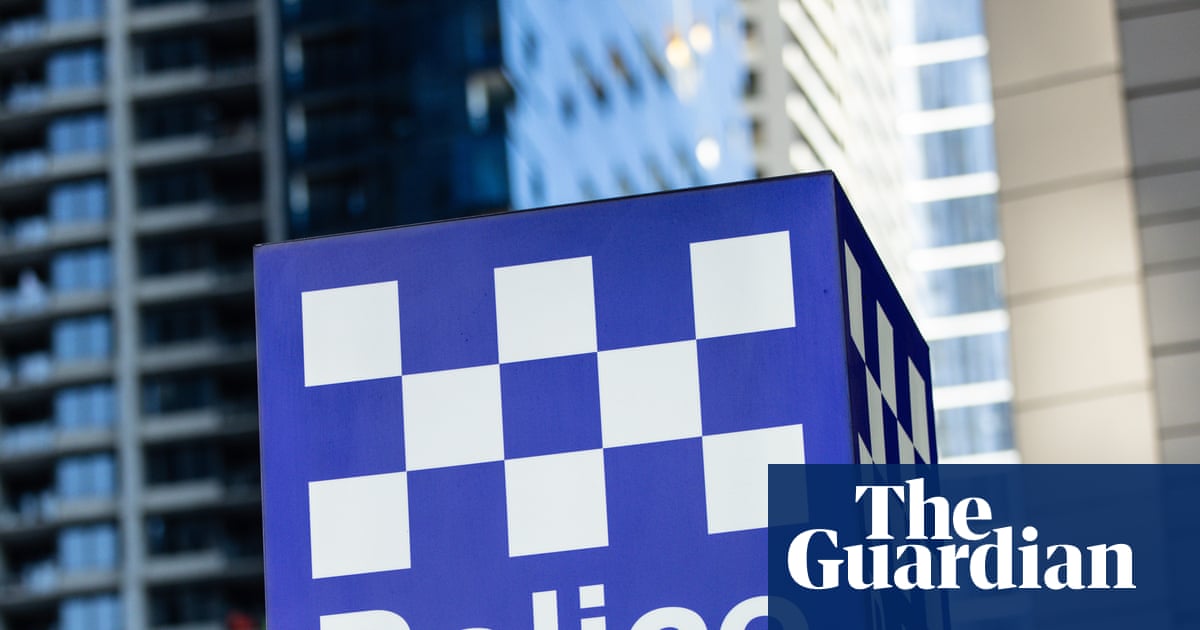Jakarta: Indonesia’s plan to build a new capital in the jungles of Borneo now faces a threat. Envisioned as a modern symbol of progress, Nusantara (the proposed capital) is at risk of turning into a ghost city. Former President Joko Widodo had come up with the idea to shift the capital from overcrowded Jakarta to a new and greener location by 2030.
But today, the wide roads of Nusantara lie mostly empty, lined with future government buildings that remain half-finished. Apart from a few gardeners and curious visitors, there is little life in what was meant to be the heart of a new Indonesia.
According to The Guardian, the situation worsened after President Prabowo Subianto took office in October. His administration has cut government funding for Nusantara by more than half. In 2024, the project had received around 2 billion British pound. For 2025, that amount dropped to 700 million pound. Only 300 million pound has been approved for the next year, a third of the requested funds. Private investment has also fallen short, missing the target by more than 1 billion pound.
President Prabowo has not visited the city even once since taking office. In May, he designated Nusantara as Indonesia’s “political capital”, though the decision was made public only four months later.
Meanwhile, both the head and deputy head of the agency overseeing the project resigned in 2024, adding to growing doubts about its future.
At present, Nusantara houses about 2,000 government employees and 8,000 construction workers, far from the target of 1.2 million residents by 2030.
The city already has apartment towers, ministry buildings, roads, hospitals, water systems and even an airport. But much of it remains under construction. Scholars say the project’s uncertain direction has cast a long shadow.
Hardiansyah Hamzah, a constitutional law expert at Mulawarman University in East Kalimantan, said the project had already begun to resemble “a ghost city”. He added that the new “political capital” title carried no real legal meaning in Indonesian law and that the city was clearly “not a priority for President Prabowo”.
What was once planned as a futuristic showcase for the world’s largest Muslim nation now stands half-built and eerily silent. Its fate is hanging between ambition and abandonment.
Disclaimer : This story is auto aggregated by a computer programme and has not been created or edited by DOWNTHENEWS. Publisher: ZEE News






